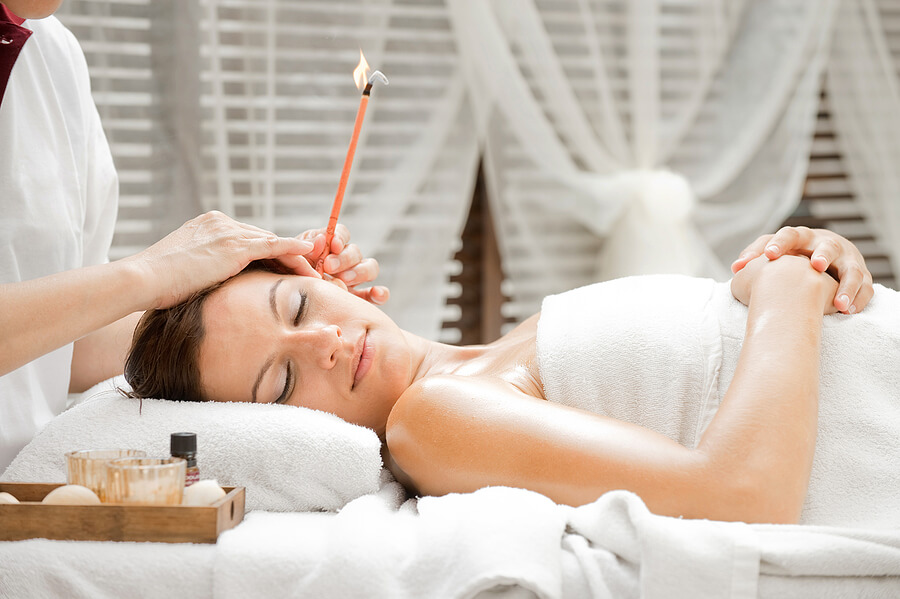Ear candles have gained popularity as a natural remedy for various ear-related issues, including wax buildup, congestion, and even tinnitus. However, their efficacy and safety have sparked debates within the medical community and among users. Here, we will delve into the pros and cons of ear candles to shed light on their effectiveness and potential risks.
Understanding Ear Candles
Ear candles, also known as thermal-auricular therapy, involve the use of hollow cones made from cloth soaked in beeswax or paraffin. During the process, the candle is lit and inserted into the ear canal. It is believed that the heat and smoke created by the burning candle create a vacuum, drawing out impurities and earwax.
Pros of Ear Candles:
- Holistic Approach: Advocates of ear candles argue that they provide a holistic approach to ear care. The warm smoke generated by the burning candle is believed to create a mild vacuum, drawing out excess earwax and debris from the ear canal.
- Relaxation and Stress Relief: Many individuals find the process of using ear candles to be relaxing and soothing. The gentle warmth and crackling sound of the burning candle creates a calming environment, promoting stress relief.
- Alternative to Traditional Ear Cleaning Methods: Some people prefer ear candles as an alternative to traditional ear cleaning methods, such as ear irrigation or ear syringing. They consider ear candles to be a gentle and non-invasive approach to maintain ear hygiene.
Cons of Ear Candles:
- Lack of Scientific Evidence: Despite their popularity, the efficacy of ear candles remains a topic of controversy. There is a lack of scientific studies supporting the claims made by proponents of ear candles. Many medical professionals argue that any perceived benefits may be attributed to a placebo effect.
- Potential for Burns and Injuries: The use of ear candles carries inherent risks. The open flame poses a significant risk of burns to the face, hair, or even the ear canal itself. Additionally, dripped candle wax or ash can potentially cause injury or blockage in the ear if not properly managed.
- Ineffectiveness in Removing Earwax: Critics argue that ear candles are ineffective in removing earwax. While the warm smoke may create a sensation of removal, studies have shown that no significant amount of earwax is extracted. In some cases, the ear candle residue can even be left behind in the ear canal.
- Potential for Ear Canal Obstruction: Another concern with ear candles is the potential for ear canal obstruction. If a significant amount of candle residue is left behind or if the process is not performed correctly, it may lead to blockage, exacerbating the initial issue or causing new problems.
Traditional Methods of Ear Cleaning
Traditional methods of ear cleaning have been practiced for centuries to maintain clean and healthy ears. One common method is using a damp cloth or cotton swab to gently clean the outer part of the ear, known as the auricle, and the surrounding areas. Another traditional technique is ear irrigation, where warm water or a saline solution is gently flushed into the ear canal using a bulb syringe or a specialized ear irrigation kit. This method aims to loosen and remove stubborn earwax buildup. Additionally, some cultures have utilized natural remedies like warmed oils, such as olive or sesame oil, to soften earwax before its removal. These traditional methods, when performed with caution and care, can contribute to maintaining optimal ear health and preventing discomfort or potential ear problems. However, it is important to note that certain techniques, such as inserting cotton swabs into the ear canal, can be risky and may lead to ear damage if not done correctly, so it is advisable to consult a healthcare professional for guidance.
Is it for you?
When it comes to ear candles, it is essential to approach the topic with caution and a critical mindset. While some individuals swear by their effectiveness, the lack of scientific evidence raises concerns. The potential risks, including burns and injuries, cannot be overlooked. It is important to consult a medical professional for proper ear care and to explore alternative methods that are supported by scientific research.
Remember, our ears are delicate and intricate structures, and it is best to entrust their care to trained healthcare providers. Regular cleaning and maintenance, along with professional guidance, can help ensure optimal ear health and prevent potential complications.
We hope you found our blog on hearing health informative and useful. If you have any further questions or concerns regarding your hearing or if you would like to schedule your next hearing-related check-up, please do not hesitate to contact us. Our team of experienced professionals is here to assist you and provide personalized care. We look forward to hearing from you and helping you maintain optimal hearing health.


